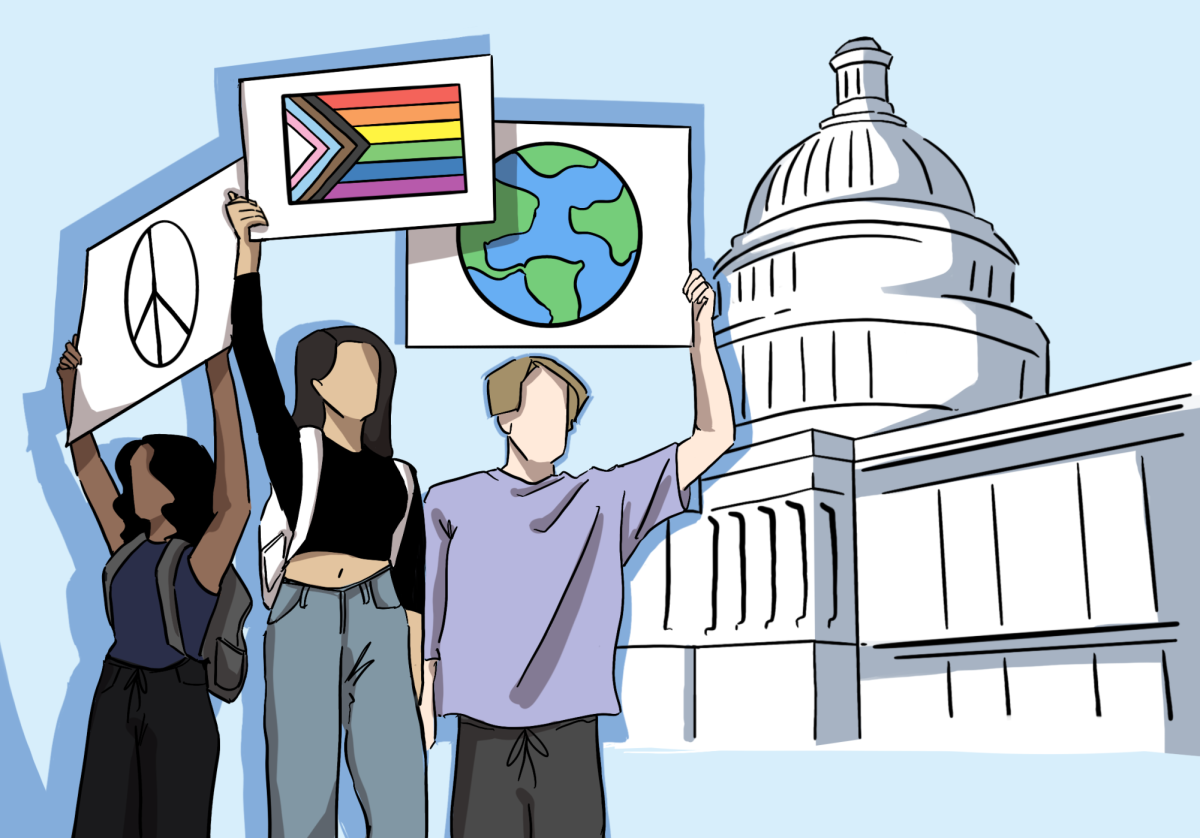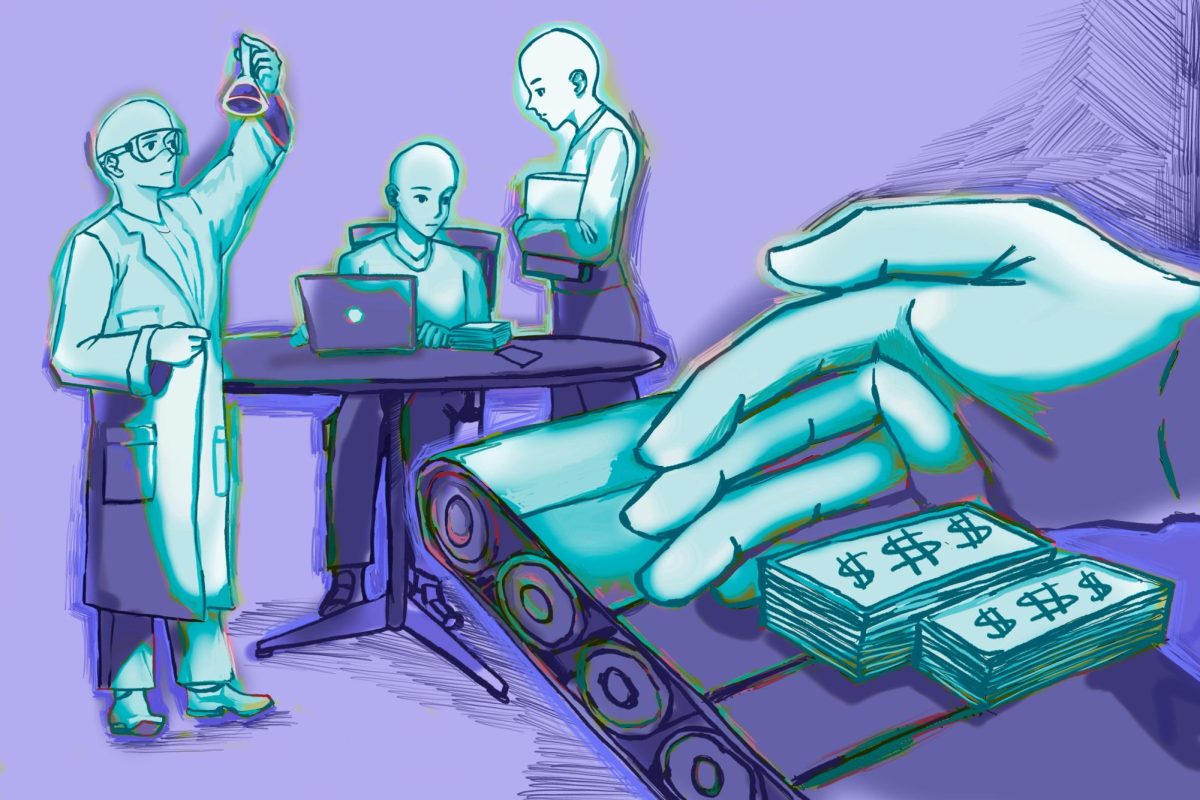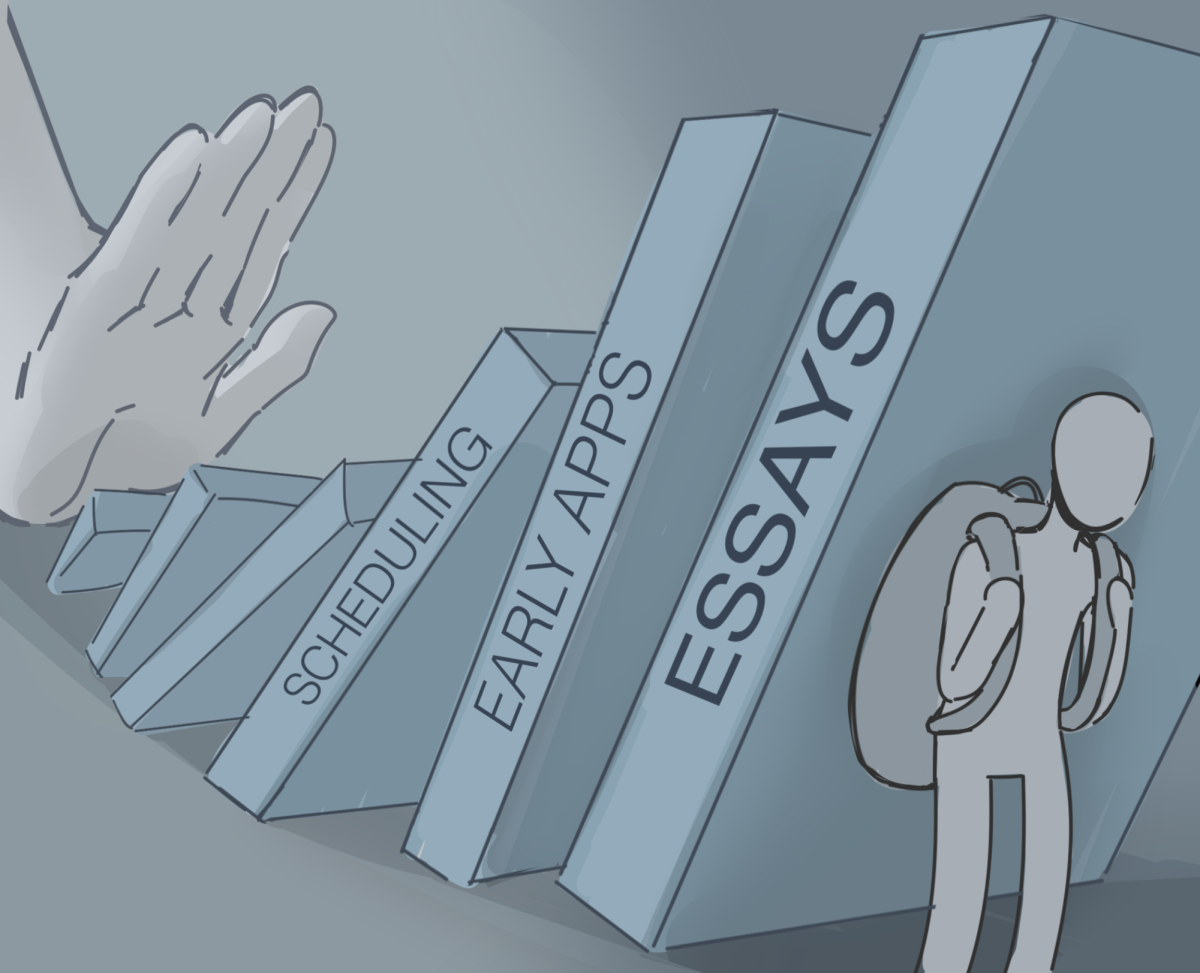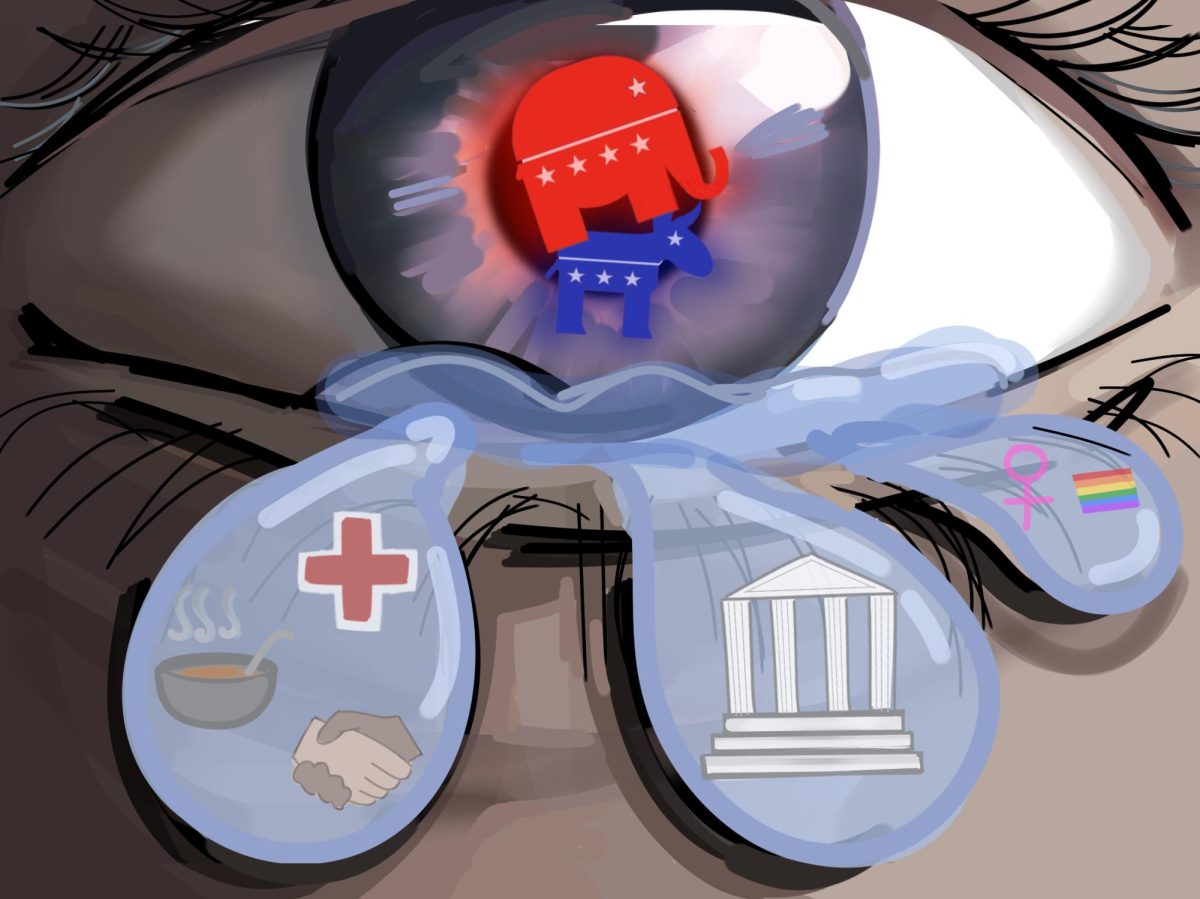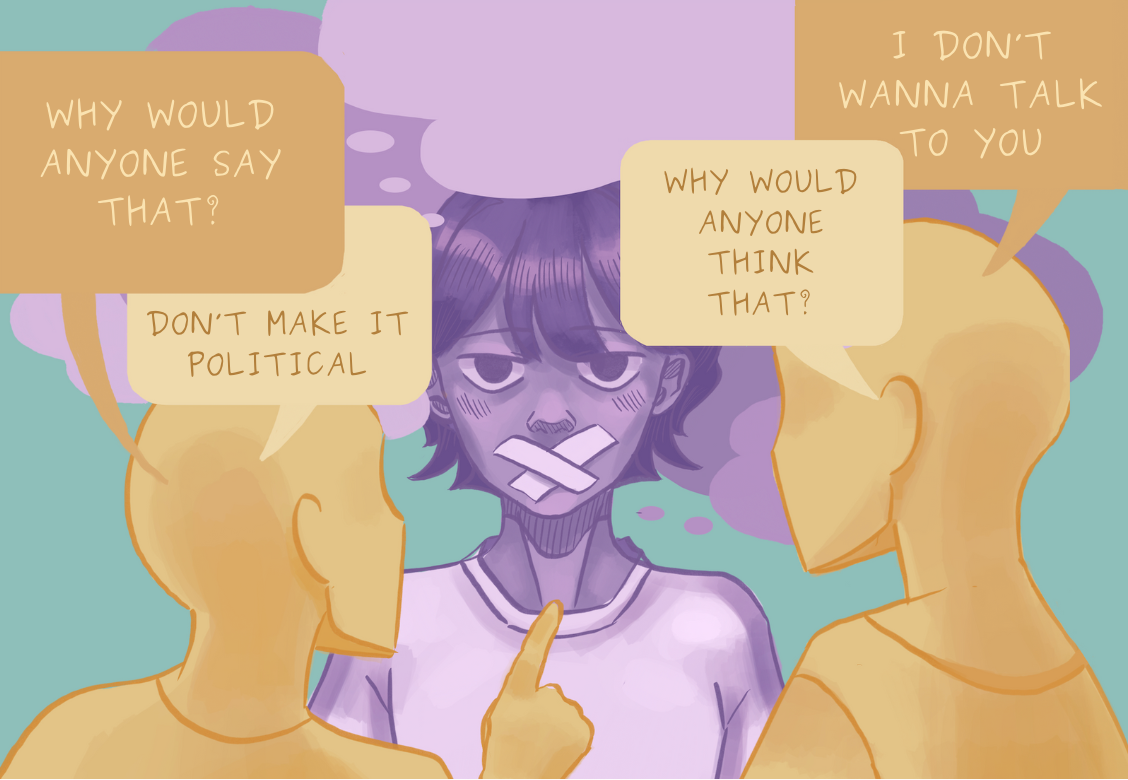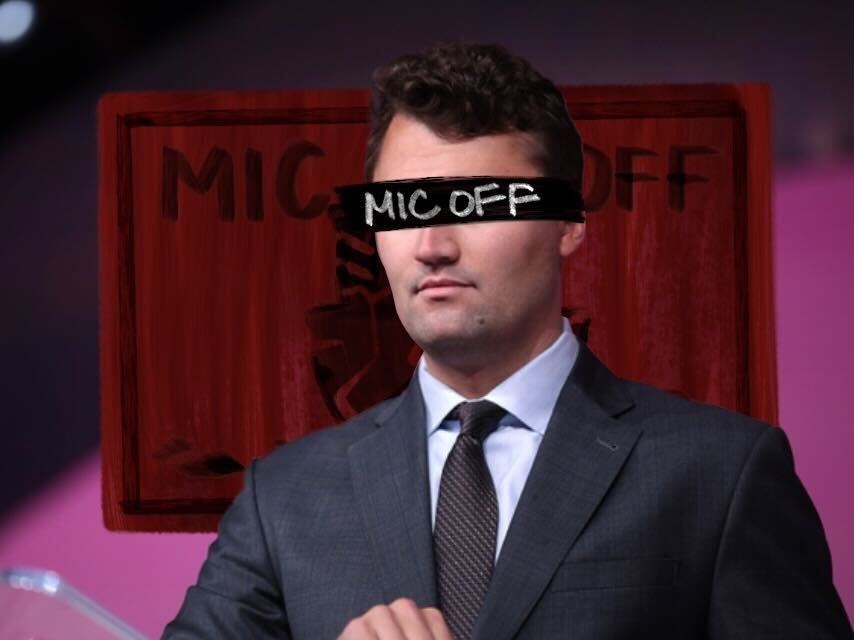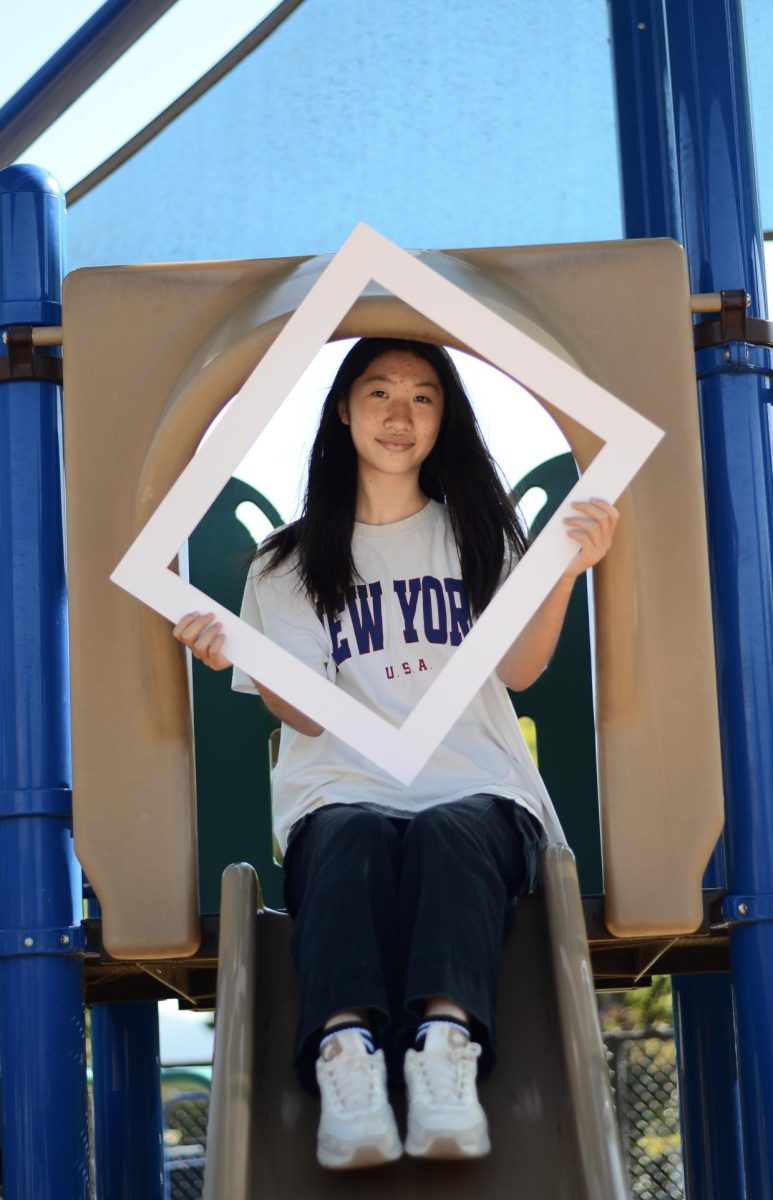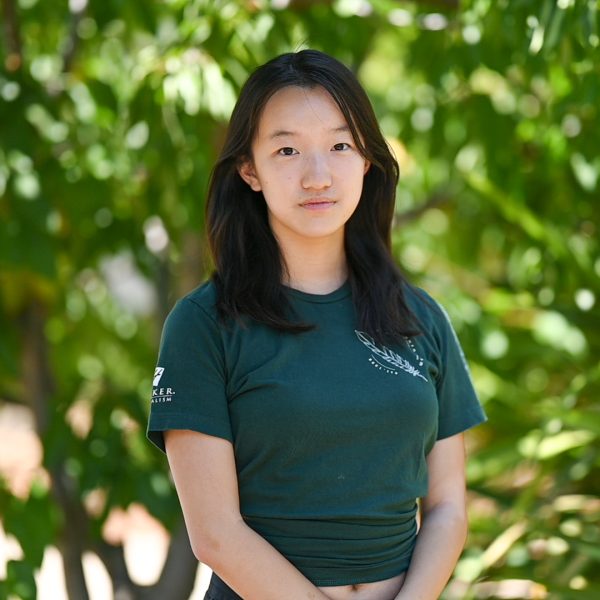The intricacies of politics go ignored too often, especially among the youth. Take, for instance, a decision by your local city council to scrap a plan to build barriers for bike lanes you frequently use. Although you feel angry and dismayed, you think to yourself: “What could I have possibly done? Is there any way I could have made a difference?”
The International Encyclopedia of the Social & Behavioral Sciences defines being politically active as participating in activities with the purpose of “influenc[ing] public policy, either directly or by affecting the selection of persons who make policies.” According to a schoolwide survey shared via Schoology, of the 145 student respondents ineligible to vote in the 2024 US election, over 79% considered themselves politically inactive. Only 41% felt that the community as a whole was “very” or “fairly” politically engaged.
At Harker, students do make a difference through research, volunteer work and other impactful activities, yet few actively use their voices to advocate for their political beliefs in their local communities.
Opportunities exist for students to learn and engage with their peers about civics and politics at Harker. In classes like AP U.S. Government and organizations like the Civil Discourse Club, students learn and discuss important topics that shape our society. But, they should bring those skills outside of the classroom and turn their ideas into actions. Fifty-four percent of politically inactive students under 18 reported that they were motivated to engage in political activities: members of the community do have a desire to have their opinion heard. Age does not render one’s voice silent: inaction does.
Student civic engagement plays an especially important role in local elections of state and county policymakers as well as propositions up for votes because they are the ones that shape the everyday lives of Bay Area residents the most. Whether they be housing policies or public transit, the issues that impact us the most are the ones that are the closest to us. When considering how to be more politically active, we must consider these local offices and measures in just as much depth as national races like the presidency.
Important perspectives on major topics like climate change, social media regulation and LGBTQ+ rights can fall to the wayside if the American youth let the older generations’ priorities dominate the conversation. Students must bring awareness to issues that matter to themselves the most: since they are the ones who will inherit the future, they have a responsibility to shape it.
If a student feels less comfortable participating in politics publicly or has few opportunities to do so, they can simply contact their county and state representatives via phone or mail to help get their message across, a way of advocacy already widely used in the student body. Among politically active poll respondents over 18, over 73% stated that they had directly reached out to their representatives to advocate for their beliefs, an indication of the ease and flexibility of speaking directly to government officials.
Regardless of what type of election or level of politics they engage with, students have a civic duty to advocate for their local communities. Whether by actively participating in political campaigns and public forums or just by getting in touch with their elected officials, we all have an obligation to use our rights as residents of the United States to work toward political change.


















![“[Building nerf blasters] became this outlet of creativity for me that hasn't been matched by anything else. The process [of] making a build complete to your desire is such a painstakingly difficult process, but I've had to learn from [the skills needed from] soldering to proper painting. There's so many different options for everything, if you think about it, it exists. The best part is [that] if it doesn't exist, you can build it yourself," Ishaan Parate said.](https://harkeraquila.com/wp-content/uploads/2022/08/DSC_8149-900x604.jpg)




![“When I came into high school, I was ready to be a follower. But DECA was a game changer for me. It helped me overcome my fear of public speaking, and it's played such a major role in who I've become today. To be able to successfully lead a chapter of 150 students, an officer team and be one of the upperclassmen I once really admired is something I'm [really] proud of,” Anvitha Tummala ('21) said.](https://harkeraquila.com/wp-content/uploads/2021/07/Screen-Shot-2021-07-25-at-9.50.05-AM-900x594.png)







![“I think getting up in the morning and having a sense of purpose [is exciting]. I think without a certain amount of drive, life is kind of obsolete and mundane, and I think having that every single day is what makes each day unique and kind of makes life exciting,” Neymika Jain (12) said.](https://harkeraquila.com/wp-content/uploads/2017/06/Screen-Shot-2017-06-03-at-4.54.16-PM.png)








![“My slogan is ‘slow feet, don’t eat, and I’m hungry.’ You need to run fast to get where you are–you aren't going to get those championships if you aren't fast,” Angel Cervantes (12) said. “I want to do well in school on my tests and in track and win championships for my team. I live by that, [and] I can do that anywhere: in the classroom or on the field.”](https://harkeraquila.com/wp-content/uploads/2018/06/DSC5146-900x601.jpg)
![“[Volleyball has] taught me how to fall correctly, and another thing it taught is that you don’t have to be the best at something to be good at it. If you just hit the ball in a smart way, then it still scores points and you’re good at it. You could be a background player and still make a much bigger impact on the team than you would think,” Anya Gert (’20) said.](https://harkeraquila.com/wp-content/uploads/2020/06/AnnaGert_JinTuan_HoHPhotoEdited-600x900.jpeg)

![“I'm not nearly there yet, but [my confidence has] definitely been getting better since I was pretty shy and timid coming into Harker my freshman year. I know that there's a lot of people that are really confident in what they do, and I really admire them. Everyone's so driven and that has really pushed me to kind of try to find my own place in high school and be more confident,” Alyssa Huang (’20) said.](https://harkeraquila.com/wp-content/uploads/2020/06/AlyssaHuang_EmilyChen_HoHPhoto-900x749.jpeg)




